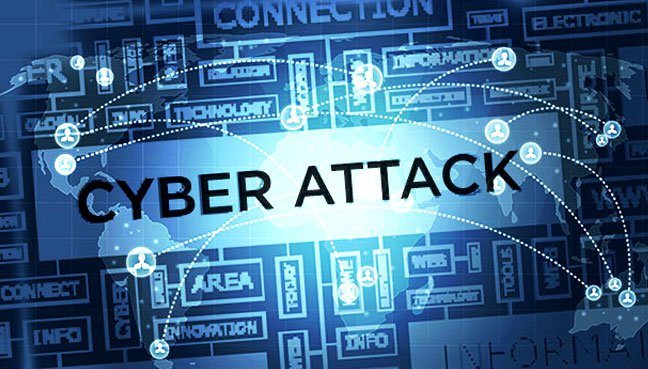Study by Lastline shows 72% of security professionals anticipate a cyberattack on the 2018 FIFA World Cup
Lastline Inc. today announced the results of a survey conducted at Infosecurity Europe 2018, which reveals that over 72% of security professionals believe a cyberattack on this year’s FIFA World Cup is likely. Hosted for the first time in tournament’s history by Russia, the 2018 World Cup begins on Thursday evening with the opening match between host Russia and Saudi Arabia.
This statistic reinforces the trend toward cyberattacks targeting high profile international events, such as the attack that took down the Winter Olympics website in February of this year.
“Cybercriminals do not exist in a vacuum,” said Andy Norton, director of threat intelligence at Lastline. “They will be aware of the immense media scrutiny the World Cup will be under, and will be hoping to capitalize on this as well as the financial opportunities such a unique event presents.”
Just over 70% of the infosecurity professionals who thought there would be an attack expect the attack vector to focus on network infrastructure – such as a DDoS attack, or on social media channels. And additional 44% thought email correspondence was at risk, and 47% said mobile threats could be a risk.
“While we do not know where the threat will come from, or what form it will take, it’s highly likely that cybercriminals are devising plans for a cyberattack,” continued Norton. “The attack vectors used will vary depending on the threat actor and their individual motivations; An event like this, could see many different forms of attack from fake ticket spam to infiltration attempts into governing body infrastructure or even destructive payloads witnessed at the recent winter Olympics ”
While this news should undoubtedly come as a worry to infosec professionals, they clearly are not overly concerned as 83% believe that the FIFA World Cup does not pose a risk to their organization. Also, it has not stopped some of them from getting in to the party spirit, with 30% suggesting they would wait until after a crucial match to fix an urgent corporate security issue, and almost 40% suggesting they would use a work device or working hours to watch a match, even if this was against corporate policy.
The survey of 326 information security professionals was conducted at Infosecurity Europe 2018 conference which took place June 6-8, 2017 in London.








